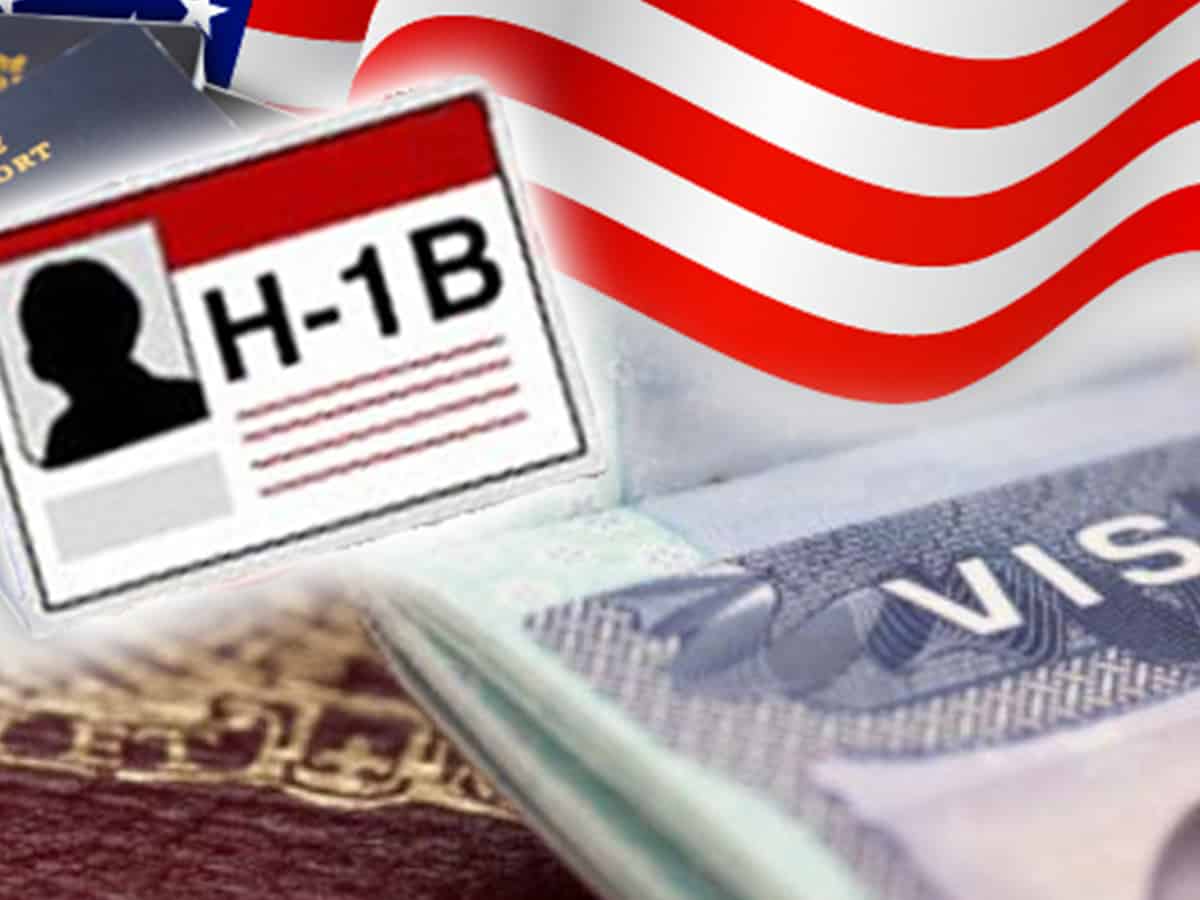
Amid huge layoffs across the United States, many H1B Visa holders who were sacked recently are seeking an extension of the grace period.
Seeking an extension of 60 days, they said that it is difficult for them to find a new job within the existing grace period.
An online petition for the extension gathered over 2.5 thousand signatures.
What is H1B Visa grace period?
H1B visa allows US employers to temporarily employ foreign employees in specialty occupations. The duration of the stay on the visa is three years and it can be extended to six years.
Upon the expiry of the validity of the visa, immigrants have to leave the country within 10 days. However, if the employment is terminated before the expiry of the visa validity, they have a grace period of 60 days to find another employer.
In a normal situation, it is not difficult to find another employer, however, due to the current situation in the US, employees are finding difficulty in finding another job to support their H1B status.
Current situation in US
As recession is looming on the entire world, especially, in western countries, companies are not only implementing hiring freezes but also going for mass layoffs. Many big companies including Amazon, Twitter, and Meta are getting ready for the possible recession.
Though people are facing difficulties even in finding part-time jobs, it is not abnormal as whenever a country’s economy passes through a bust period, people usually lose jobs.
However, it is just a matter of time. Once the bust period – that last for a few months – ends country’s economy enters into a boom period wherein commercial activities increase significantly and open new opportunities for skilled employees.
Reasons for looming recession threat
Though there are multiple reasons for the looming recession threat, the major ones are the COVID pandemic and the Russia-Ukraine war.
During the COVID pandemic, governments distributed money to their citizens as the entire world was fighting the deadly virus either in hospitals or by staying in lockdown.
Although the distribution of money during the period was needed, it created a demand-supply mismatch as people got money in their hands without an actual supply of goods in the markets. It resulted in a spike in inflation.
Many nations after coming out of the lockdown wanted to address the issue of inflation but the Russia-Ukraine war made the situation worse.
Due to the war, the supply chain was disrupted thereby pushing the price even higher, especially in Europe and other western countries.
Now, to control the rising inflation, the central banks of many countries are raising interest rates. It is the need of the hour but it causes slowdown in the economy.
However, it is just a matter of months. Once inflation begins to drop, economies will be back on track.

